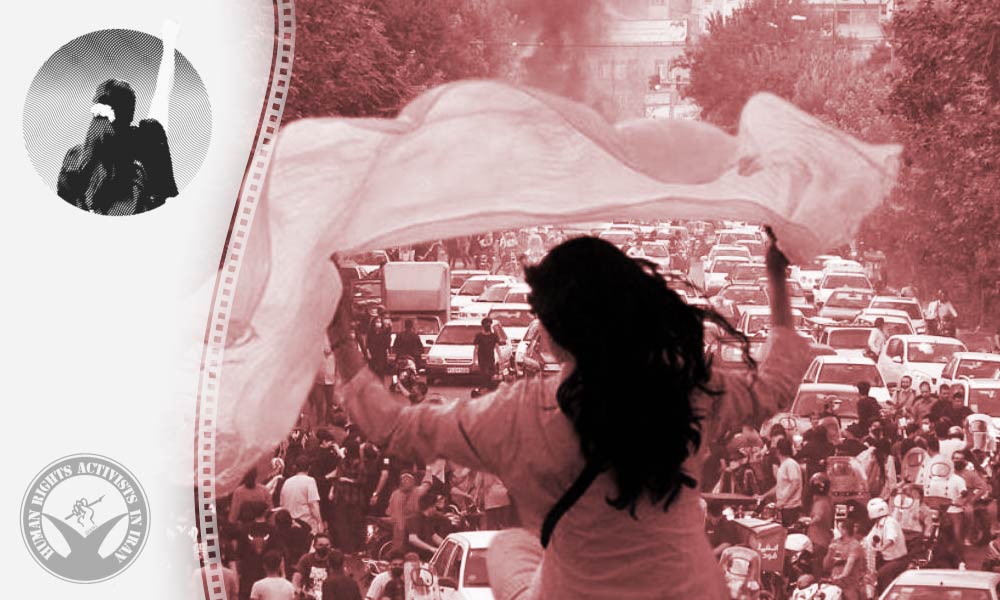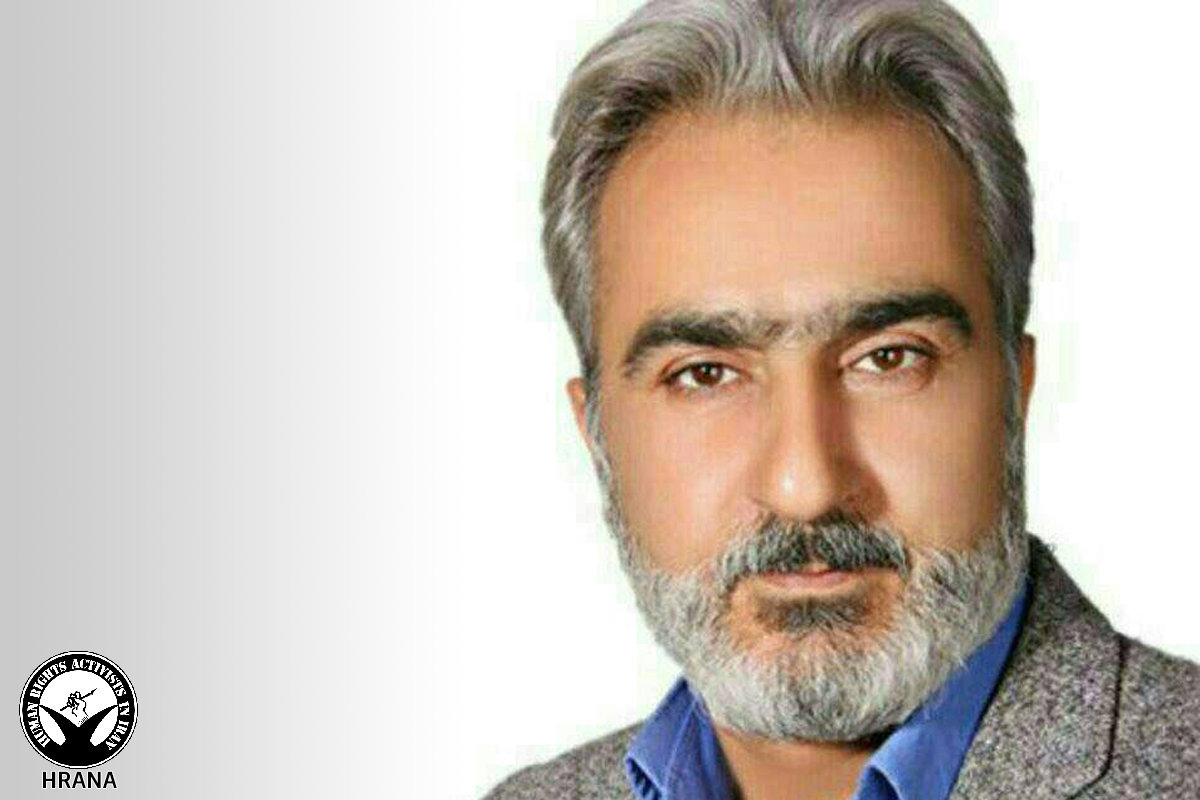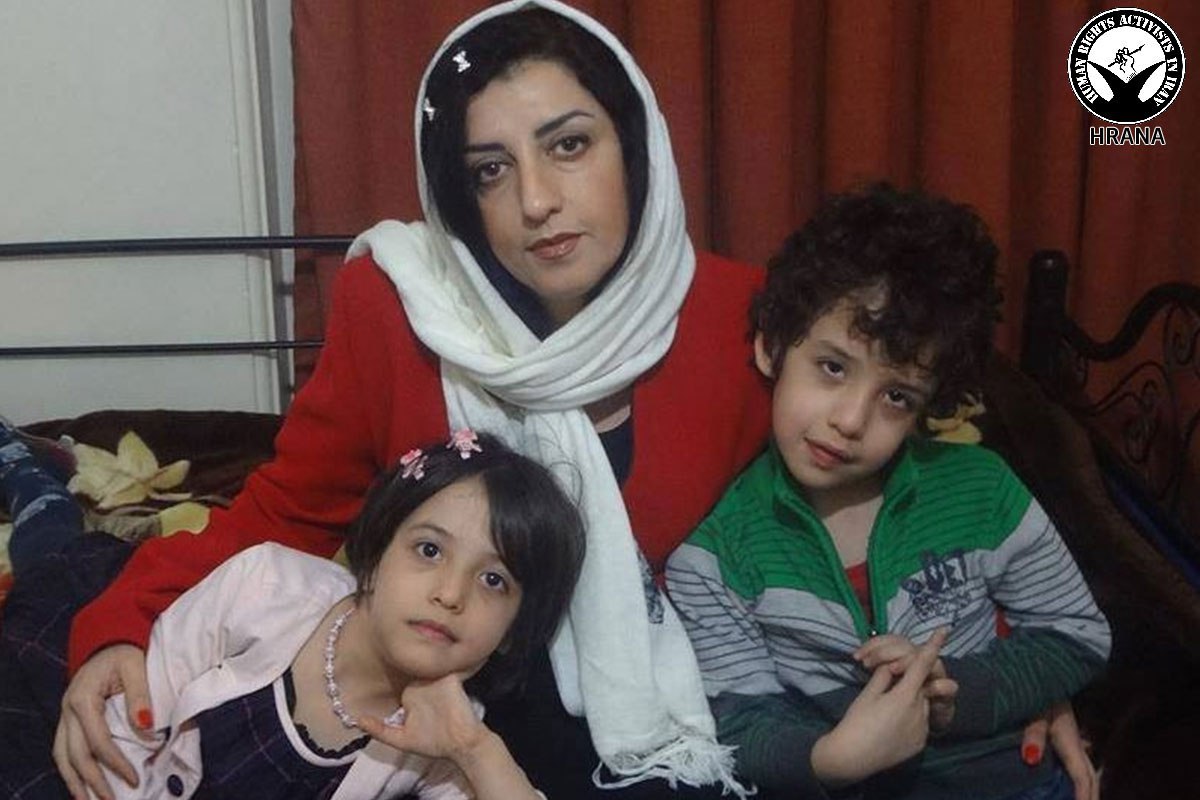In observance of International Workers’ Day, this report by Human Rights Activists in Iran (HRA) provides statistics on the condition of Iranian workers over the past year, highlighting their ongoing struggle with violations of labor rights and unionization, low wages, wage arrears, and workplace safety concerns.
Workplace Accidents
According to the Statistics and Publication Center of HRA, in the past twelve months (from May 1, 2023, to April 27, 2024), at least 9,879 workers have been killed or injured in workplace accidents based on reports made by either state media or workers’ rights organizations.
. 23.87% were due to falls from height
. 19.71% were caused by fires
. 9.58% were related to construction accidents
. 7.59% involved impacts from hard objects
. 7.59% occurred in factories
. 6.69% were linked to well accidents
. 6.51% involved electrocutions
. 4.70% were related to vehicle accidents
. 4.16% occurred in mines
. 3.80% were due to gas poisoning
. 2.53% happened in petrochemical plants and refineries
. 1.08% were due to drownings
. 0.90% were related to agricultural accidents
. 0.90% were caused by poisonings
. 0.18% were due to heat strokes
. 0.18% were caused by frostbites

Wage Arrears (Withheld wages)
According to statistics from HRA’s Statistics and Publication Center, at least 84,226 workers are owed wage arrears totaling more than 1,052 combined monthly payments.
As Figure below indicates, public sector companies and organizations account for 54% of these wage arrears. The private sector is responsible for 31%, while the energy sector accounts for 4%. The type of organizations responsible for the remaining 11% of wage arrears is unknown.

Peaceful Assembly and Association
During the reporting period, media and civil society organizations have documented 428 workers’ protests and 1,448 trade union protests, marking increases of 100.5% and 90% respectively compared to the previous year. A significant portion of labor protests likely goes unreported.
Major labor events in the country over the past year include the workers’ protests of Haft Tappeh Sugarcane Company and Railway Services & Technical Construction Engineering, Iran National Steel Industrial Group, Aghajari Oil and Gas Exploitation Company, teachers and educators, civil servant pensioners and the pensioners from the Social Security Organization, national telecommunication company.
Over the past 12 months, numerous cities across the country witnessed a variety of labor protests with demands ranging from addressing insurance issues to resolving wage arrears, which sometimes accumulate up to 30 months. A total of 97 labor strikes and 37 union strikes were reported, representing a decrease of 14% and 90.6% respectively.
Iranian workers’ efforts to organize and persist in their demands have been remarkable. However, the suppression of unionization attempts, the arrest and imprisonment of labor activists, and the denial of workers’ rights to protest have led to some labor protests being sporadic and disorganized.
In Iran, traditional labor unions do not exist. Workers’ efforts to form independent unions are suppressed through security crackdowns and politically motivated allegations against workers’ rights activists, as seen in the cases of the Syndicate of Workers of Tehran and Suburbs Bus Company, Haft Tappeh Sugarcane Syndicate, the Coordination Council of Iranian Teachers’ Trade Associations, and the Independent Iranian Workers Union (IIWU).
Many workers have been summoned, arrested, or convicted for peaceful activities such as protesting low wages. In the past 12 months, at least 51 workers and workers’ rights activists have been arrested. The most notable cases include the arrest of 32 protesting workers in two mines at the Aq-Darreh gold mines and several contractors working at the South Pars/North Dome gas-condensate field located in Bushehr.
Currently imprisoned workers’ rights activists include Reza Shahabi, Hassan Saeedi, Nahid Khodajoo, Othman Esmaeili, Anisha Asadollahi, Keyvan Mohtadi, Nasrin Javadi, Yadi Bahari, Mehran Raoof, and union activists Rasoul Bodaghi, Mohammad Sadeghi, and Asghar Amirzadegan.
Additionally, 26 workers and workers’ rights activists have been sentenced to a total of 460 months in prison, 86 months of suspended sentences, 1,258 lashes, and fines totaling 42.5 million tomans.
In the reporting period, 10 workers committed suicide, including one self-immolation. Additionally, 48 workers faced arraignment, 5 verdicts were enforced, and 2 activists’ residences were searched. Ten workers were summoned by security or judicial institutions. In the same period, 47 factories were closed, 2,514 workers were laid off, 3,188 workers lost their jobs involuntarily, and 2,272,461 workers lacked any labor insurance scheme. Furthermore, 3,996 workers were suspended from work due to factory closures or other reasons for which the employer was responsible.
Moreover, 26 trade union activists were arrested, and 66 were sentenced to a total of 1,495 months in prison, 18 months of suspended sentences, 72 lashes, 24 months of exile, and fines totaling 185,700 tomans. Additionally, 57 trade union activists were summoned by security or judicial authorities, 130 were laid off, and 13 were forced into retirement and 11 were banned from leaving the country. Wage arrears of 335 months affected 13,600 workers. Security forces searched two activists’ residences, 9 verdicts were enforced, and 14 suicides were reported. Public Security Police or other authorities closed 2,049 businesses.
Over the past 12 months, retired and working teachers and educators from dozens of cities across the country have continued their protests, strikes, and rallies. They have staged numerous actions to demand improvements to their working conditions. The report recorded 44 protest gatherings and 4 labor strikes by teachers. As a result of these protests, 21 people were arrested, 49 were summoned, and 36 were convicted. Additionally, 10,600 people faced at least 48 months of wage arrears. Sixty-one teachers were laid off or banned from teaching, and 9 were forced into early retirement. Furthermore, 64 teachers and teachers’ union activists were sentenced to a total of 1,495 months in prison, 18 months of suspended sentences, 24 cases of social deprivations, 72 lashes, and fines totaling 125.7 million tomans.
The Economic Situation
Referring to the disparity between workers’ wages and inflation, as well as the devaluation of the national currency, Saeed Mostafa-Neajd, Executive Secretary of Worker House (Khaneh Kargar) in East Azerbaijan Province, stated that “If workers’ wages are not reconsidered, they will turn to jobs like motorcycle delivery and garbage collecting instead of remaining in manufacturing jobs. Their concerns have shifted from housing and cars to basic sustenance, worrying about having enough to eat for tomorrow.
In response to the “10% reduction in workers’ salaries due to closing on Thursdays,” Mohammad Chakoshian, Deputy Minister of Cooperatives, Labour, and Social Welfare, stated, “This plan cannot be implemented as it goes against labor law to reduce wages. If such a violation occurs, it must be addressed and prevented.”
The ILNA news agency reported that, given the current economic situation in the country, workers earning just $3 per day cannot afford a simple meal. Despite a 35% increase in minimum wages, the purchasing power of workers’ households has been greatly diminished by high inflation and the devaluation of the currency. To buy a basic car like the Pride, a worker would need to save 19 months’ worth of wages without spending any money.
Davoud Mirzaie, Executive Secretary of Worker House (Khaneh Kargar) in Saveh blamed secret collusion between members of parliament and the government for the difficult living conditions faced by the workers and pensioners. He stated that instead of fulfilling their empty promises, they imposed different policies on the representatives of workers in the Supreme Labor Council.
“The government and its economic team, along with members of parliament, have made it more difficult to retire by raising the retirement age and extending the required work record for retirement. They have also effectively abolished the law regarding difficult and hazardous occupations. The Ministry of Cooperatives, Labour, and Social Welfare has made decisions worse than in previous years, suppressing labor rights once again, which will worsen the living conditions of millions of retired workers,” Mirzaie added.
Criticizing the reduction in real wages, a board member of Worker House in Qom Province stated that this decrease will further impoverish workers. The minimum wages were set without accounting for real inflation. “The worker’s representative was not treated fairly in Supreme Labor Council meetings, and the government unilaterally made decisions regarding the minimum wage. The worker community has been trapped in a dire situation due to the wrong and unwise decisions of some officials.”
According to Nader Moradi, a workers’ rights advocate, the monthly cost of living for a worker’s household is at least 30 million tomans. With their current wages, workers can barely survive, and their monthly income may only cover expenses for one week. Workers cannot afford the costs of adequate food, medical expenses, and education. In an interview with ILNA, Moradi warned about the Supreme Labor Council’s decision: “This level of disregard for the law is unprecedented. If wages this year do not keep pace with inflation, the subsistence crisis will worsen, leaving no way out.”
Referring to the challenging situation faced by female workers in Iran, Binazir Jalahi, a former official from the Ministry of Cooperatives, Labour, and Social Welfare, confirmed that labor laws for women are largely not enforced. She also highlighted gender wage discrimination, noting that women earn less than men for the same work and do not receive child and guardian allowances.
Regarding the cost of living, the latest report from the Statistical Center of Iran indicates that the average cost of housing in Tehran is 80 million tomans per square meter. This amount, as estimated by the Entekhab website, is equivalent to a full-time worker’s entire annual income.
Tasnim News Agency reported that a directive from the Ministry of Education, which prohibits teachers from retiring during the school year and has been affirmed by the court of Administrative Justice, faced objections from some teachers. In the teachers’ appeal, they argued that the directive infringes on their rights since the retirement dates of many teachers fall within the school year. Teachers have traditionally retired at any semester, and they further objected that the directive limiting retirement after the start of the school year violates the law and the ministry’s justifications of potential disruptions in students’ education stem from its own mismanagement.
Regarding this year’s minimum wages, an official from the Social Security Retired Center of Tehran stated, “Since the workers’ representatives did not sign the resolution and the minimum wage for this year was set against legal criteria and without workers’ agreement, workers have the right to file a complaint.” The official added, “A 22% increase in pensions is insufficient and will push many pensioners from the Social Security Organization into absolute poverty. Article 96 of the Social Security law clearly states that pensions should increase in line with the cost of living. Therefore, the Supreme Labor Council’s resolution should not be followed for increasing pensions.”
Prohibition of child labor and the provision of free education for children, the establishment of the highest level of safety standards in the workplace, and the elimination of discriminatory laws for women and migrant workers are other demands of the working community.
Despite being a part of the cheapest labor force in the country, women’s labor situation is worse than men, with fewer benefits, lower wages, and a lesser degree of legal protection. Even worse, women have less bargaining power in the workplace.
Employers in manufacturing industries are less willing to recruit married women, and in some cases, single women’s recruitment is conditioned on not getting married or pregnant. Female workers’ situation in small workshops is far worse. Women comprise half of the workers occupied at bricklaying, a laborious and onerous work.
The ongoing privatization of government-owned industrial sectors has further degraded work conditions, job security, and benefits, leading to an increase in workers’ protests and strikes.
As Iranian workers celebrate International Workers’ Day there is little prospect of improvement through domestic reform or remedy. Nonetheless, the State must uphold its international human rights obligations under both the ICCPR and the ICESCR, ensuring that workers and labor rights activists are free to peacefully assemble and associate without fear of reprisal.
For further inquiries please contact Skylar Thompson, Senior Advocacy Coordinator Human Rights Activists in Iran (HRA) at [email protected]






